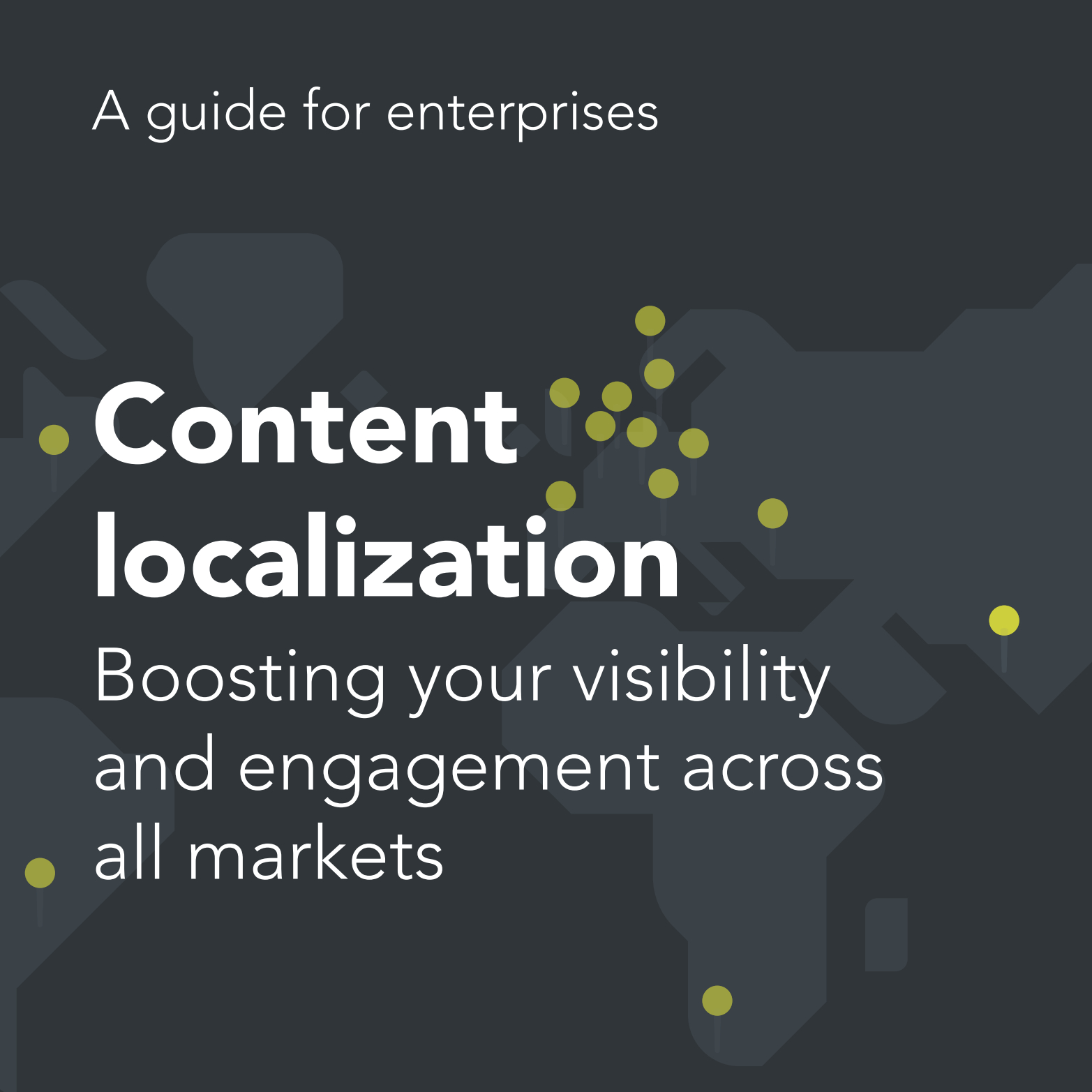The advent of cost-per-click ads has brought about a major change in ad land. From Mad Men-esque scenes where campaigns were mainly based on thumb sucking while drinking, to making each individual interaction measurable and constantly improving it. The position of paid marketer was created: someone who can translate business objectives as good as possible into online campaigns with measurable clicks. Besides measurability, optimization is a key element in this field. The paid marketer creates target groups and advertisements and optimizes bidding strategies to generate the highest possible conversion. Turning various switches to maximize results is part of the paid marketer’s daily job.
Although optimization makes for more efficient advertising in the long run, it’s very time consuming. Large accounts sometimes involve thousands of campaigns, even more ad groups and sometimes millions of keywords. How is that manageable?
It isn’t. Fortunately, we live in the future and there are robots. Google Ads’ robots can now automate a lot of a marketer’s work. Audiences, targeting, ads and bids can all be optimized automatically, leaving the marketer time for less repetitive work.
But what does that leave a marketer to do?
The marketer has traditionally been the link between brand and audience. The one who tries to show the right message to the right person at the right time, as the marketing adage goes. Now, if the artificial intelligence of Google Ads can find the right person and the right time, the marketer only has to provide the right message. The marketer’s job is therefore becoming more and more strategic: first properly understand what message needs to be conveyed and then put Google Ads to work. This role is thus less tactical and operational, and will also move more towards data preparation and data analysis.
On the one hand, understanding the business and preparing data as well as possible, and on the other hand, analyzing the marketing results, translating them into understandable conclusions and adjusting and improving them where necessary. Is a paid marketer thus perhaps becoming a consultant?
Communication skills
Artificial intelligence is a blessing for the work joy of the cpc specialist. Repetitive and administrative work is taken out of the hands of the specialist (and done quite a bit more efficiently) leaving much more time for focus on quality, creativity, data analysis, optimization and problem solving.
This, by the way, requires some communication skills. Because of this renewed focus on quality, paid marketers will have to collaborate more with stakeholders and make it clearer where their differentiating power lies.
Strategic specialist with an army of robots
Is automating bids, ads and target groups just a step in the right direction? Not necessarily. A big party pulling in insights and execution might be tricky . When something goes wrong, it will be harder to figure out what caused it, and automating, of course, only means that Google Ads is judging its own meat.
In short, tactical and operational automation is in theory (and often practice) more efficient and frees up time for thorough collaboration with clients at a qualitative level and, moreover, better data analysis. The paid marketer becomes a strategic specialist with an army of robots at his disposal. So the marketeer is becoming more and more a real marketeer.


